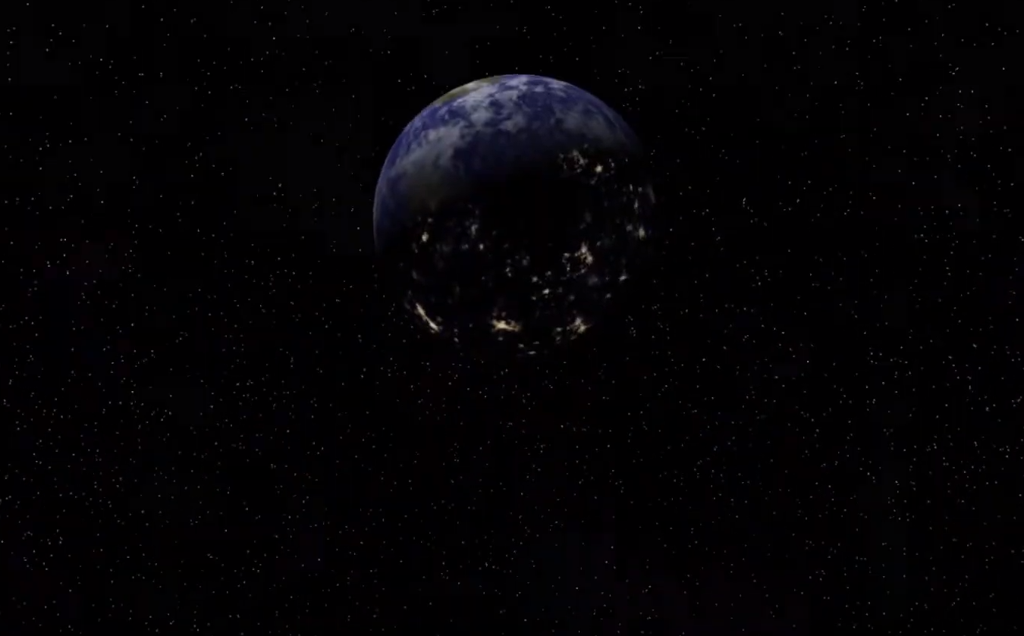My goal is to make music that sounds like these, not as far back as 8-bit chip tune, but just that nice middle area like the sonic era:
metal slug theme:
a project similar to mine:
I am under alot of pressure for time so dont want to spend a lot of time learning how to use software to make something like this, is there any more user friendly alternate to something like impulse tracker?
Is it relatively easy to make a simple 16-bit sounding (?!) track in impulse tracker?
perhaps there is a nice downloadable synth for ableton i could use?
also note i must make the theme for commercial use so i need mostly royalty free samples/instruments!
Thanks in advance,
Hugh.











